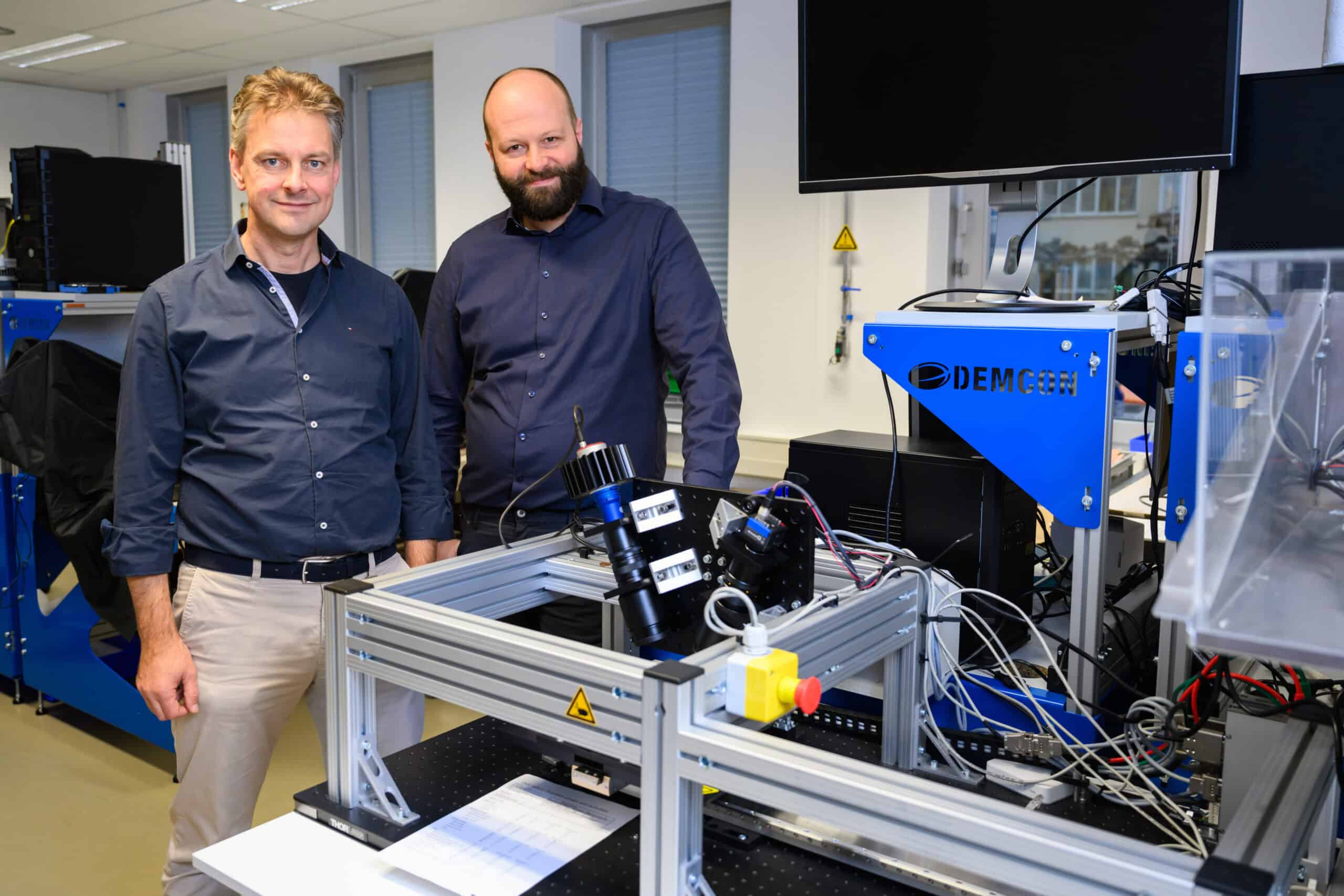
The interview that our colleague Emile Hollman had with Gerard Bos was in many ways a (renewed) eye-opener. Sometimes you just have to encounter something more often to really realize what the impact is or can be. In the case of Gerard Bos, who is developing a vaccine and killer cells against cancer with his company CiMaas, based in Geleen, this was entirely true for me.
First of all, the story made it clear to me how close science has already come to a structural approach to certain forms of cancer. Of course, Bos would like him and his team to be the first with a definitive cure for all forms of cancer, but he is realistic enough to be aware that in other places in the world there is more money – and thus faster progress can be made. But much more important to him is that it happens.
In addition, Bos is disruptive in his sobriety. “If we all start eating healthy, we’ll get more cancer,” he observes. That’s because cancer is a typical disease of old age. After all, those who eat healthily are less likely to die of cardiovascular disease – and thus get older. For the record, that doesn’t mean you should eat less healthily, but it does mean that politicians should keep the consequences of prevention campaigns in mind.
The final eye-opener from Bos’s story was mainly a confirmation of something that we at Innovation Origins are always aware of. CiMaas began at the university’s Brightlands Maastricht Health Campus. Thanks to the ‘Knowledge Regulation’, he was able to start that company from within the university. In other words: where scientific knowledge can be linked to entrepreneurship, the most beautiful things emerge. We have shown this before in a series on “the spinoff of the spinoff” (on the importance of marketing knowledge) and another series on entrepreneurial professors. It certainly won’t be the last you hear from us on this topic.
What else stood out last week?
Studying today is almost incomparable to how it was in the pre-internet era. But even though we are awash with information, it can still be a real hassle to find your way around the labyrinth that is “the Internet,” writes Polya Pencheva. Especially in Bulgaria, this seems to be a problem. One in five Bulgarians has never even used the Internet. Chances are that teachers are among them. That’s why proactive NGOs are launching campaigns there to teach teachers digital skills.
Space debris
What about the German start-up Okapi:Orbits, which wants to bring order to traffic in space? They face a big challenge. After all, how can data and climate predictions be merged to anticipate movements in space? Finding answers to these questions is of great importance. After all, we are dealing with more and more space debris, such as debris from old satellites that gave way years ago but are still circling the earth to this day. Used glasses in the living room, chewing gum in the street, and satellite debris in space: humankind is and will always be a litter maker, it seems. Better keep that in mind.
Flight sensing shirt
Pilots in the Air Force often face extreme conditions while flying. Machines like the F-35 have many sensors that can alert the pilot if something is not right. But the vital signs of the pilots themselves are rarely measured. Erik Frijters, Senior Flight Surgeon at the Royal Netherlands Air Force (RNLAF) is going to change that with a flight-sensing shirt together with Holst Centre. It monitors the vital functions of pilots and thus improves the success of missions.
Make it a great Sunday!








